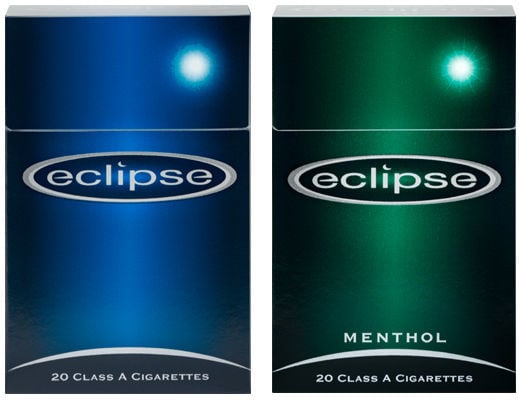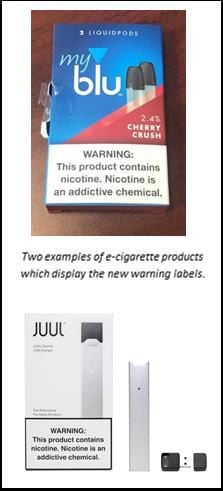From: Financial Post
The move comes after Canada passed a law geared to protect young people, while allowing adults to vape
Geoff Zochodne
Juul Labs Inc. has decided the time is right to make a move into Canada, doing so as the electronic cigarette company’s popularity and concerns about its appeal to teenagers has it facing scrutiny in the United States.
San Francisco-based Juul is expected to announce its launch in Canada on Thursday, with the start-up saying it aims to provide the five million or so smokers here with a healthier alternative to their usual cigarette: the Juul.

 Eclipse was Reynolds’ first national attempt at the heat-not-burn tobacco category. It is currently available in limited supply at wholesale and retailer request.
Eclipse was Reynolds’ first national attempt at the heat-not-burn tobacco category. It is currently available in limited supply at wholesale and retailer request.